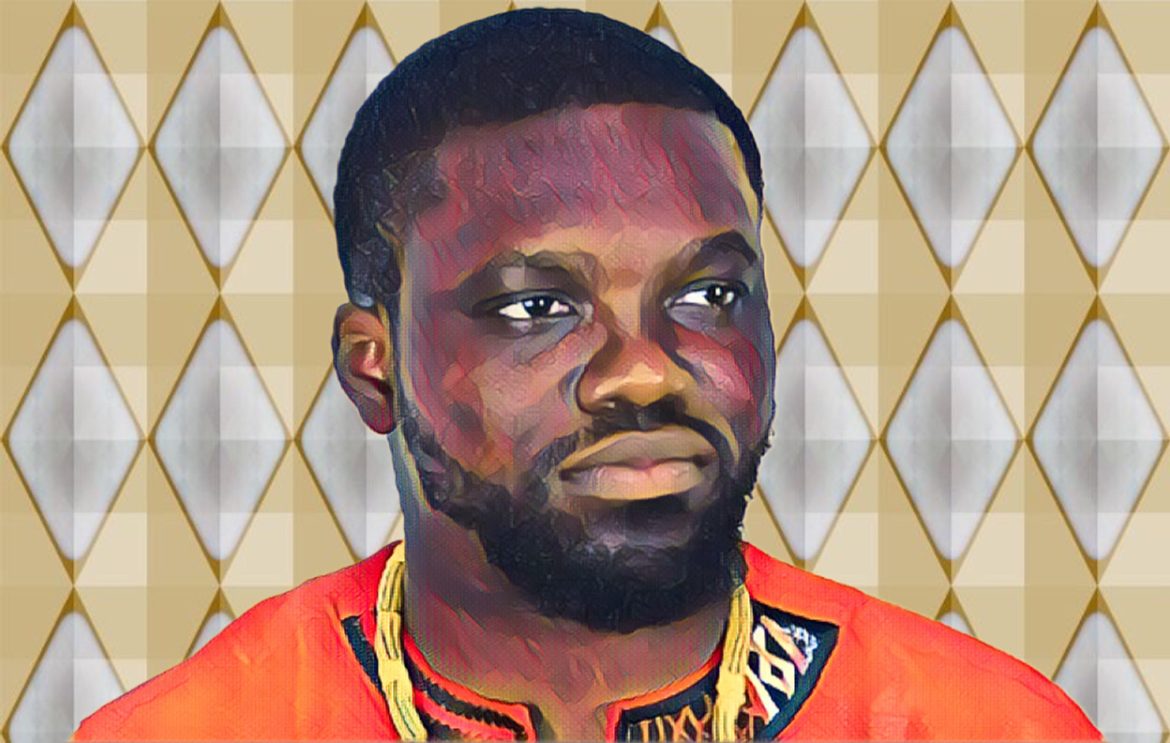Key Points
- Nigerian investigative journalists expose corruption and promote accountability.
- Fearless reporting inspires societal change and justice reforms.
- Stories highlight public health, education, and human rights issues.
When truth might be hidden by corruption then investigative journalism is a beacon of hope in that society. Young generations of brave reporters from Nigeria are breaking stereotypes and exposing the cases of injustice and providing support to responsibility.
These five Nigerian pioneering investigative reporters are doing contributing their quota un the reportorial sphere and they are ultimately encouraging Nigerians to follow the path of truth and justice.
1. Fisayo Soyombo

Leading immersed investigative journalism in Nigeria is Fisayo Soyombo. Published in 2019, his innovative three-part series on Nigeria’s legal system is still regarded as a masterpiece in African reporting.
Soyombo went undercover two weeks pretending as a prisoner in a police cell and subsequently as an inmate in Ikoyi Prison in order to expose the systematic corruption afflicting the criminal justice system.
Through this deadly business, he exposed organized crime, corruption in the legal structure, police employees engaging in extortion, and prisoner exploitation by prison officers. Some of his writings led to national debates and called for immediate reform of the Nigerian prison system.
Apart from having founded the Foundation for Investigative Journalism (FIJ), a forum to facilitate empowering the youthful reporters with the tools to tackle challenges, Soyombo has The Forum has produced numerous explosive investigations into corruption, human rights violations and environmental degradation in Nigeria.
2. Kiki Mordi
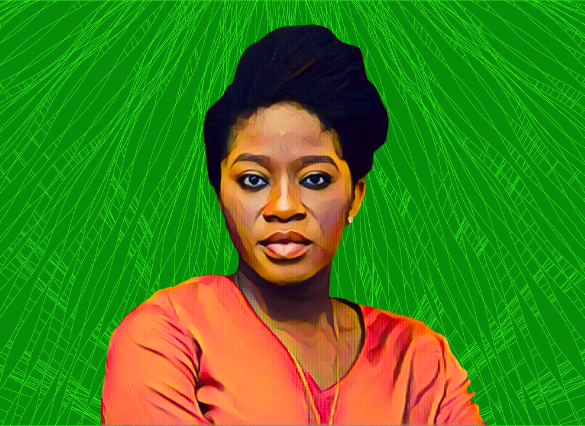
Pushing up the ladder was Kiki Mordi through her 2019 documentary called Sex for Grades for BBC Africa Eye. This explosive probe exposed the usual sexual harassment practices in institutions in both Ghana and Nigeria. Born out of Mordi’s personal encounter with sexual harassment, she went to class with hidden cameras and captured video of professors demanding sexual gratification in exchange for grades.
In other countries, the documentary elicited anger and made the colleges begin by searching for their related staff members and suspending any of them proven so guilty.
Apart from official responses the film stimulated further discussion regarding sexual assault more broadly and power dynamics in relation to it as well as the necessity of legal protection for people in vulnerable positions in schools.
Mordi dares poses some risk factors at the same time. She has personally received threats but she continues to fight to call for attention to issues affecting women and the underprivileged. She is a known filmmaker, writer, and advocate for those people who might not be heard most of the time, so she has to be respected here and overseas.
3. David Hundeyin
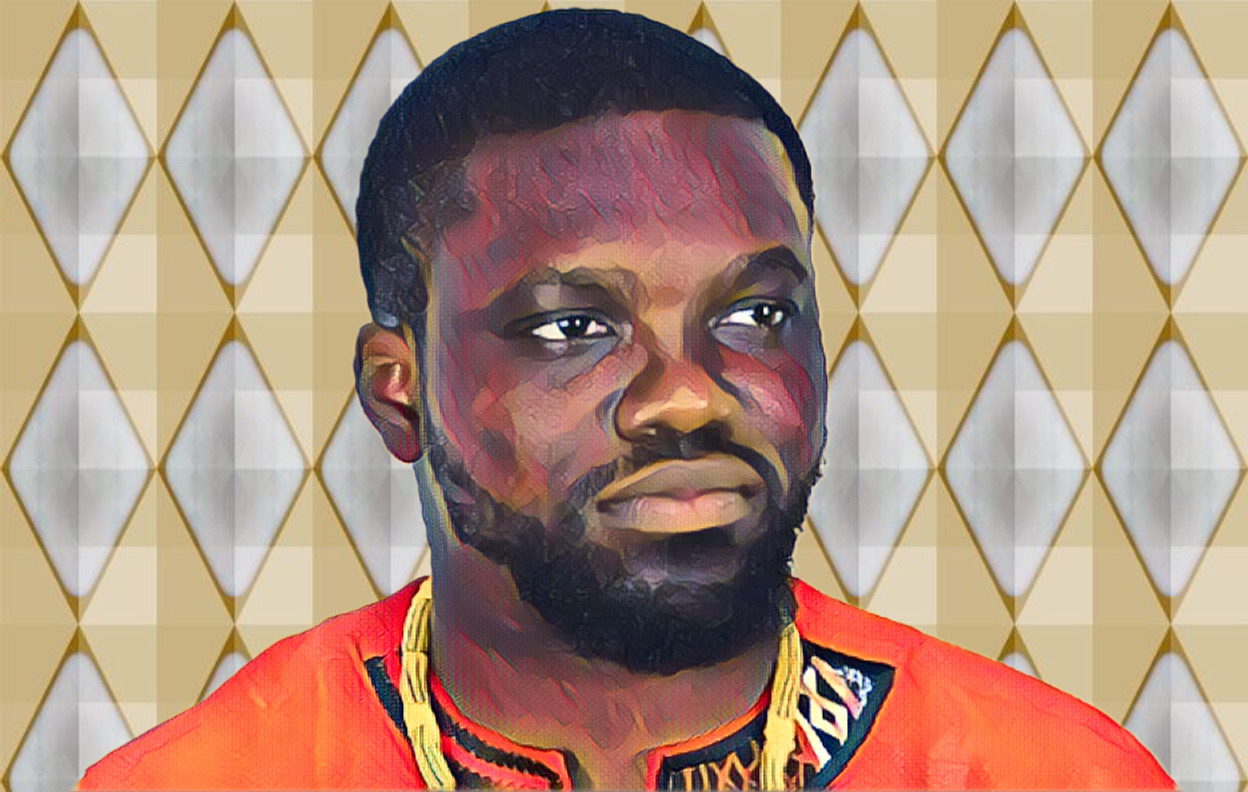
David Hundeyin is an article writer who has no problem going against the norm. Some of the topics that he has covered on cases of political corruption, business wrongdoings, and abuse of human rights involve His most popular piece is however, the detailed analysis of the Lekki Toll Gate shooting during the #EndSARS protests.
Through his reporting, Hundeyin provided the government with facts and accounts to the sad incidences which it has always dismissed..
In his newsletter, West Africa Weekly, Hundeyin blends research with creative writing in a way that brings complexity to the general populous. His articles in circulation include exploitation of Nigerians by Chinese firms, electoral vices and human trafficking for which he has been awarded and followed by group of people.
Nevertheless, his commitment to tell it as it is and to tackle issues most others fear to tread makes him a key figure in Nigerian’s investigate journalism.
4. Ruona J. Meyer
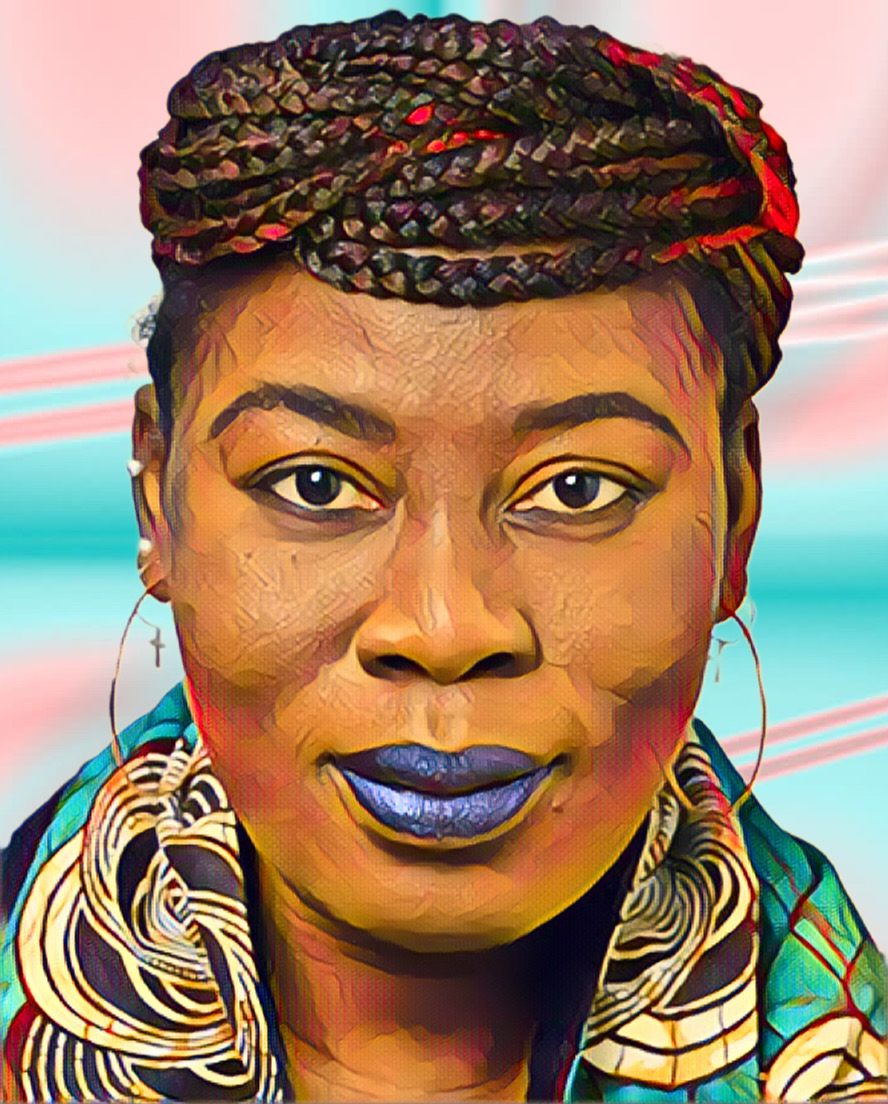
By working on matters of public health, Emmy-nominated journalist Ruona J. Meyer goes beyond what is normally considered journalism. In her 2018 BBC documentary titled Sweet Sweet Codeine Nigeria’s growing opioid problem was also discussed. Meyer detailed how distributors and pharma firms ensured that the quantities of the codeine based syrup were supplied to the relevant market, specifically to the youths.
The documentary caused a lot of impact and the Nigerian government banned the manufacture and importing of cough syrups containing codeine. Besides this it focused on the need for better control and management of people with substance dependency disorders.
Meyer has been an award-winning investigative journalist, and through her climb to this status she has been nominated for an Emmy. She just remains fixating on issues on the intersection of public health, human rights, and government because she exemplifies the wide reach of journalism that place emphasis on social justice and social responsibility.
5. Taiwo Adebulu
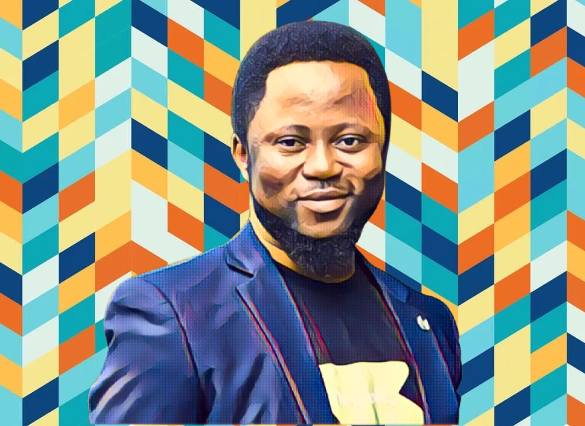
Through the focus on basic concerns of the people especially in the areas of education and government ,Taiwo Adebulu has carved a special news reporting in Nigeria as a Special Investigative Reporter. When writing for TheCable, Adebulu has exposed many incidences of poor governance and corruption chief of which is in the educational sector.
One of his biggest stories revealed that some government employees in the Ekiti State were embezzling monies meant for school feeding. In addition to being an object of public concern, the report led to the analyses and policy scans to ensure enhanced resource management accountability.
Adebulu’s writings are not just reports of corruption – they delve deeper than that. Most of his work focus on the challenges faced by rural areas, due to these, attention has been shifted towards the gaps in the Nigerian developmental policies. Adebulu has become one that speaks for the voiceless making such stories popular hence fighting for changes that are closer to the ordinary Nigerian.
Fisayo Soyombo is not just a journalist, but a change maker as is Kiki Mordi, David Hundeyin, Ruona J. Meyer, and Taiwo Adebulu. All of them have faced obstacles, never offend the odds, and fight oppressive regimes to reveal the truth
Their investigations, not only inform, teach and enlighten, but compel an audience to act, which undeniably cements journalism’s effectiveness as a tool for social and political change. While pursuing the boundaries of investigative journalism, their works of keep on nodding people the goals of truth for a just society.

